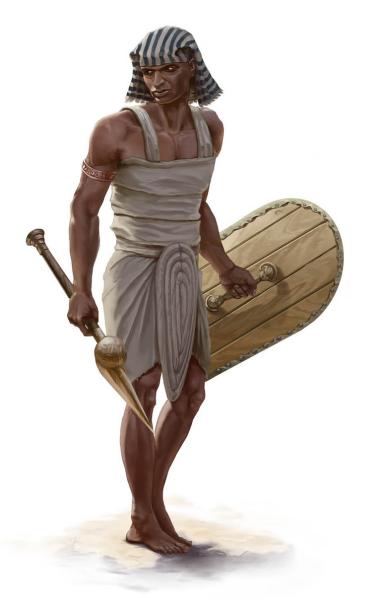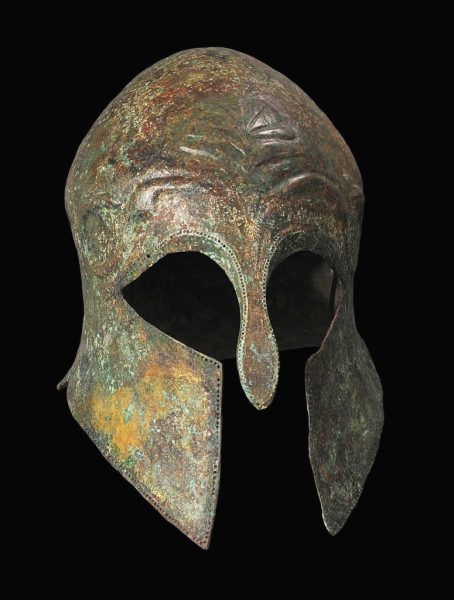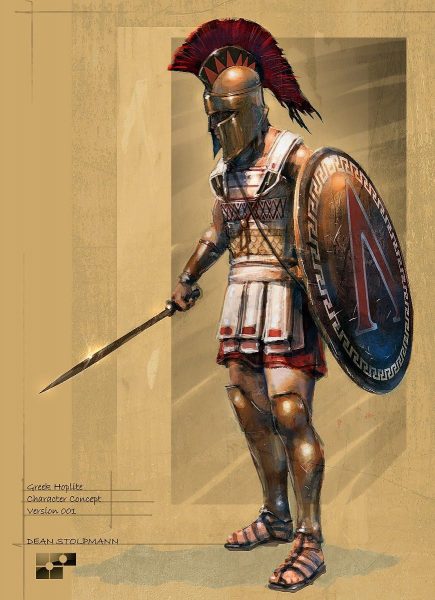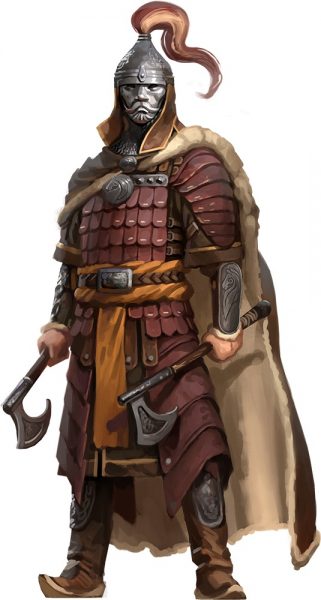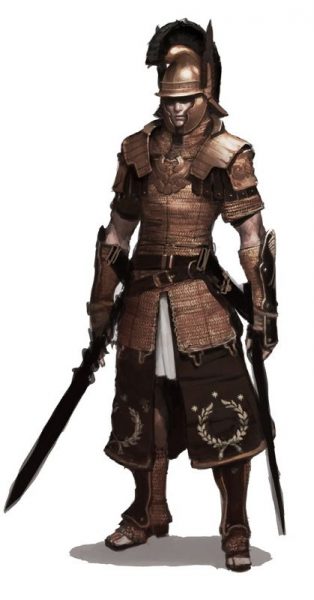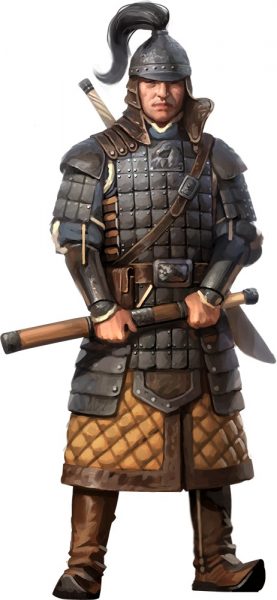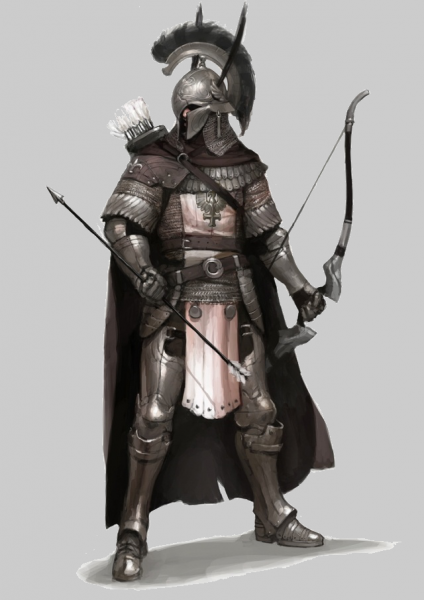With the top level worlduilding for the Shattered Empire having reached a pretty concrete and solid stage, I’ve started turning back to thinking about specific details for an actual sandbox campaign set somewhere in this world. And while discussing some ideas, we happened to talk about players spending the money they get from all the dungeon crawling, travelling merchants as random wilderness encounters, and how generic magic weapons are boring compared to setting up your gear to fight a specific monster. It got me thinking about how the Witcher games don’t let you drink potions or put poison on your weapon while a monster is trying to claw your eyes out. You got to do your alchemical preparations before you step into the monster’s lair, perhaps even brewing up some special brews you didn’t normally keep stocked in your inventory.
And that discussion gave me an idea: Let’s have alchemical ingredients that can be used to create potions to help fight specific monsters, but these ingredients are hard to get and can each be used for a number of different potions.
Usually in videogames with crafting systems, you have basic ingredients that you can pick up from defeated enemies or growing in the environment in practically infinite amounts, and special ingredients that are only dropped from a single monster in the whole game to make one specific item, or make you choose one of two possible items that can be made with it. For the record, I hate crafting in videogames. It’s mostly a pointless waste of time that clogs up inventory space to drown you in junk that is worse than stuff you find. And I think one of the main flaws with these mechanics is the way they treat the ingredients.
But let’s approach this differently to make it something that is narratively meaningful and doesn’t turn into a convoluted minigame. The really badic ingredient, which are dirt cheap and just grow everywhere in the environment, are not even worth tracking. They have negligible costs and require no effort to acquire. And to make the special ingredients much more interesting and meaningful, make them both limited and expensive and make them useful for multiple different things. Letting the players fight a monster and take ingredient A from it, which they can turn into item X is really just a different way for giving them item X from the monster’s treasure. But say instead that there are maybe a dozen of the monster in the whole sandbox and the players might end up with anywhere from 0 to 12 of ingredient A, depending on how they explore the world and interact with the creatures, and that each of the ingredients can be used to make item X, Y, or Z. If these items they can make have limited uses that mostly shine in quite specific situations, the players will have to make a choicd if they want to use the three ingredients they have to make one of each item, three of the same item, or two of one and one of another. Since they don’t know what situations they will be dealing in the future, the correct answer is to keep them stored and make whatever item is needed, once they know it is needed. This adds a few additional scenes to adventures in which the PCs are making specific preparations for the adventure ahead, based on the information they have of what they arw getting into. That’s always great to make a world become more alive and present.
But also, you can make these ingredients available in small quantities for high prices at merchants. If it’s travelling merchants, it’s going to be a one-time offer as well. If the objects that can be made are sufficiently strong and have appropriately limited uses before they are used up, then these ingredients might be worth quite a lot to the players. And asking to take a look at the alchemy chest of each merchant they encounter can be a highlight of each shoping trip.
Buying the ingredient isn’t the same as buying the final item. There’s still alchemical work to be done. If it’s something that takes longer, it can be useful to employ an alchemist, especially when this kind of work comes up regularly. Which also costs money. And that alchemist is going to need a lab. Don’t let him do that stuff over a campfire with a little box of alchemy supplies. A proper lab best fits into a permanent base, which can be a much bigger source of expense for the party.
I’ve not done any work yet on either ingredients that could be found on adventures or be one-time offers by travelling merchants, or the kinds of items that could be made with them. But I think it’s a really interesting direction to follow that could potentially add a lot to sandbox campaigns.


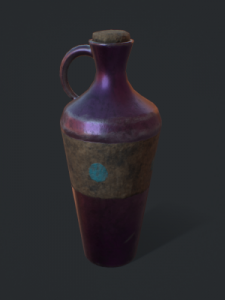
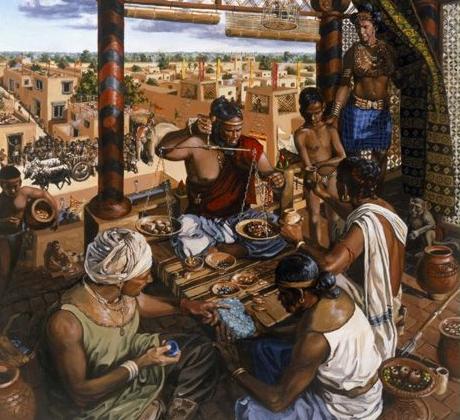
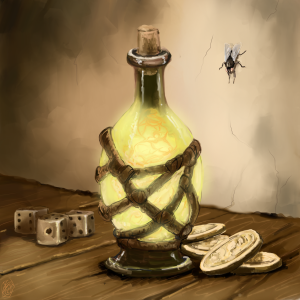 Hemra
Hemra